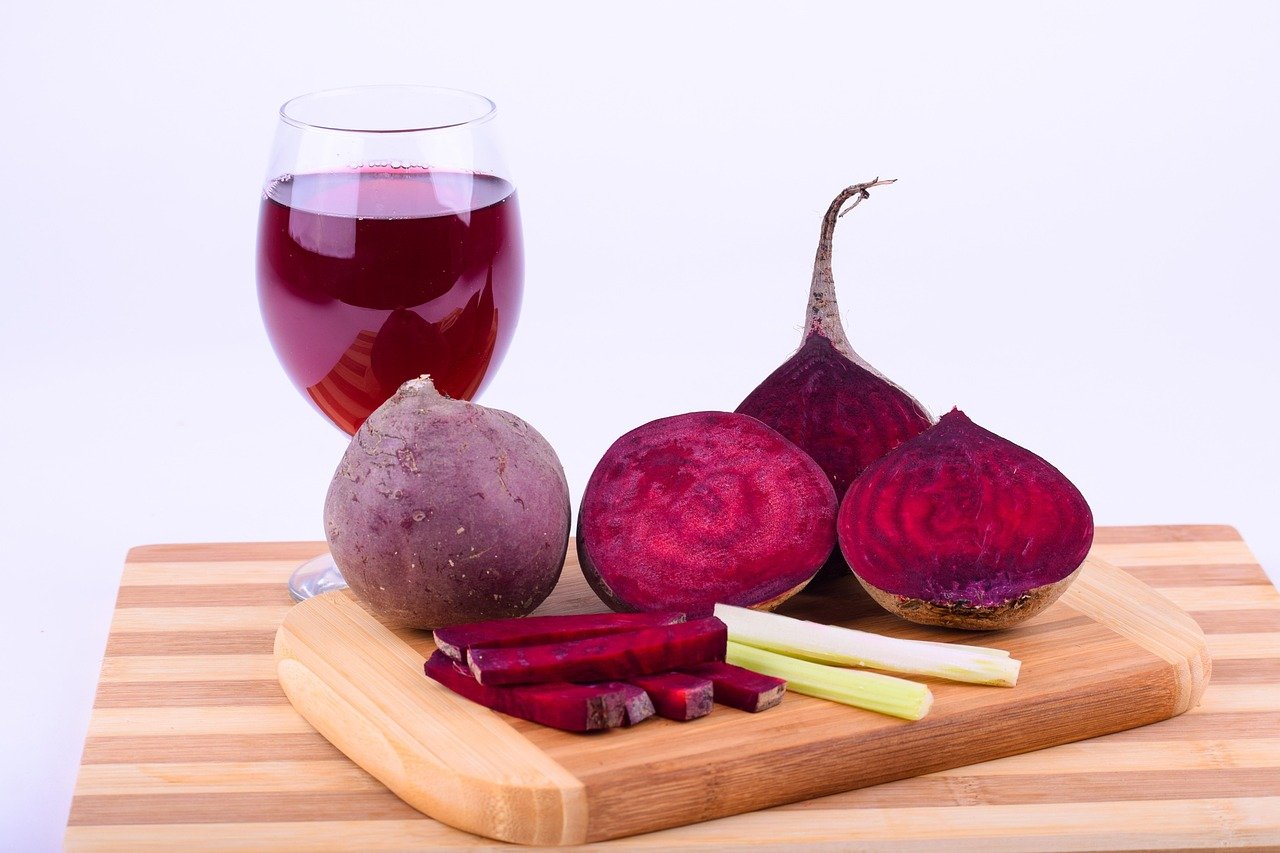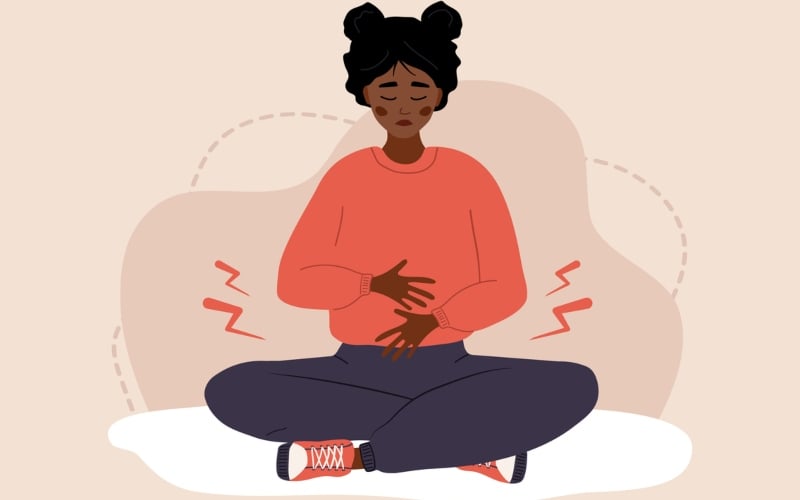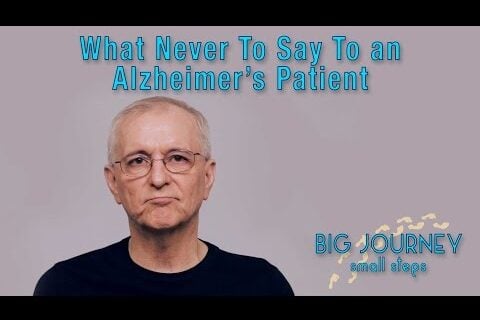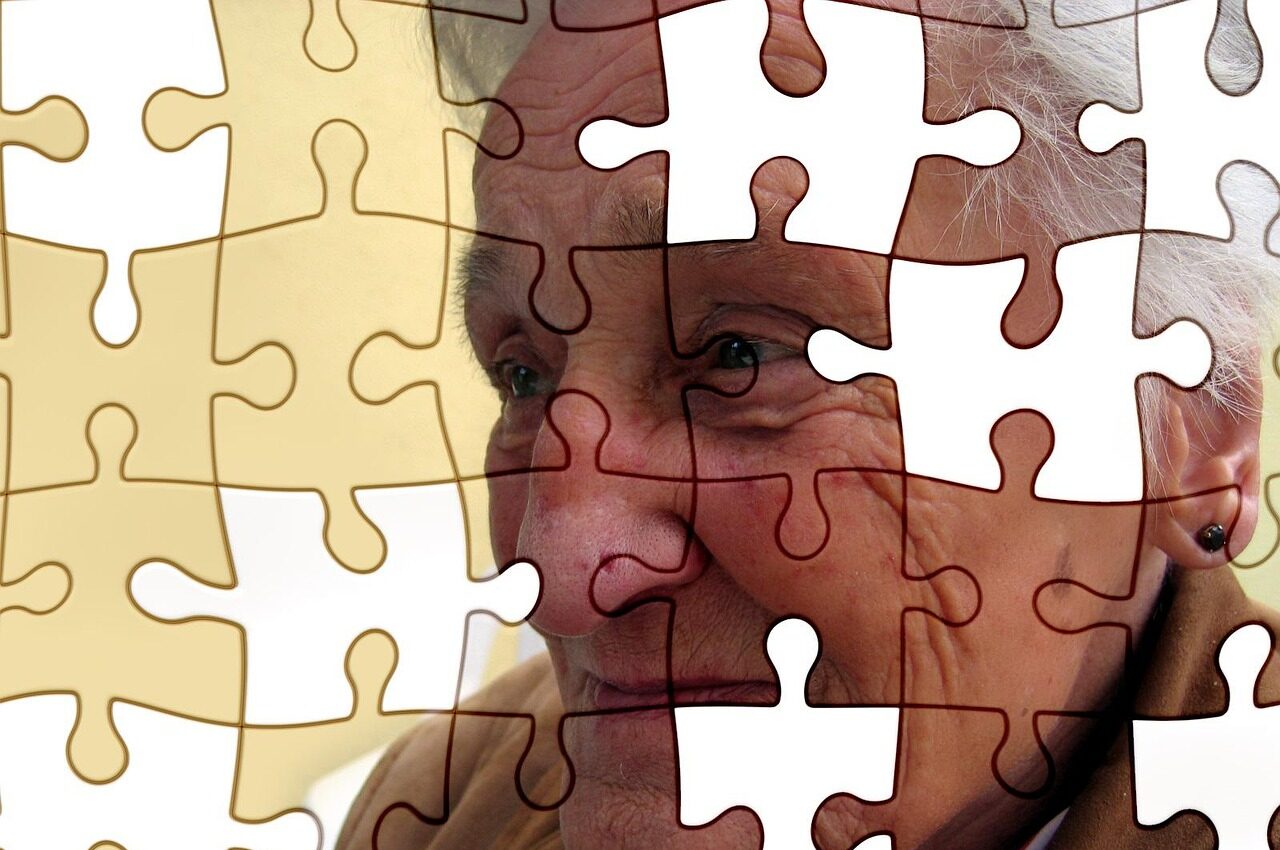Feeling drowsy and sleep-deprived in the morning is no fun at all, and can be particularly irritating when you can’t put your finger on why your sleep wasn’t as restorative as you’d hoped.
But did you know that alcohol could be what’s keeping you up at night?
We all know that sleeping well is just as important as diet or exercise when it comes to our overall health, but that doesn’t mean we always find it easy to drift off, particularly after living through the events of a global pandemic. In fact, during the pandemic, 50% of British adults reported that their sleep patterns had been disrupted.
With this in mind, we’ve asked the specialist team from Delamere to uncover the effects of alcohol consumption on the restorative quality of sleep.
How does alcohol impact your sleep cycle?
“Alcohol is commonly used as a sleep aid and will undoubtedly help you drift off, as it causes brain activity to slow down, which can induce feelings of relaxation and sleepiness. But consuming alcohol in excess can affect the quality of your sleep and cause negative effects, from headaches and dehydration to increased need to urinate and overheating.
When alcohol is consumed, the substance is absorbed into the bloodstream from the stomach. Enzymes in the liver metabolise the alcohol throughout the night. During this process, the alcohol will still be circulating through the body, causing sleep disruptions and poor sleep quality.
Binge drinking, which involves consuming more than six units of alcohol in a single session, can send our bodies into deep sleep, disrupting the first two cycles of REM sleep.
As alcohol is a depressant, the start of sleep is often shorter for individuals, and some fall into deep sleep quicker than usual. This often creates an imbalance in the sleep cycle between slow-wave sleep and REM sleep and disrupts the restorative stage our body needs. This can leave us feeling exhausted the following day, no matter how long we stay in bed.
According to a 2018 study, alcohol can significantly affect sleep quality, regardless of unit consumption. The researchers analysed the sleep and alcohol habits of more than 4,000 adults between 18-65 years old. Findings revealed that low alcohol intake reduced sleep quality by 9.3%, moderate alcohol intake reduced sleep quality by 24% and heavy alcohol-reduced sleep quality by nearly 40%.”
What other sleep problems are caused by alcohol?
“Studies have confirmed a strong correlation between long-term alcohol abuse and chronic sleep issues. Individuals can develop a strong tolerance for alcohol rapidly, often resulting in them drinking more alcoholic beverages before bedtime to initiate sleep. Aside from causing poor sleep quality, alcohol can influence many sleep problems, for example;
Vivid dreams and nightmares – With alcohol following through your system, you are more susceptible to nightmares and vivid dreams. When your blood alcohol level drops, sleep becomes shorter, and you experience more dream recall and REM sleep.
Sleepwalking and parasomnias – Alcohol increases the risk of sleepwalking by increasing the quality of slow-wave sleep you experience when in your system.
Breathing problems – Consumption of alcohol can cause irregular breathing and is formally known as sleep apnea, a disorder characterised by abnormal breathing and loss of breath during sleep. Sleep apnea is caused by the throat muscles relaxing, which creates more resistance when breathing. Alcohol can increase the likelihood of snoring, as it relaxes the muscles in the body, which means the tissue in your throat, mouth and nose will stop air flowing smoothly, which will cause a vibration.”
How can you improve your sleep if affected by alcohol?
“If you enjoy drinking alcohol, try to avoid it close to bedtime. You need to give your body time to process the alcohol you have consumed before you attempt to sleep. It takes on average 2 hours per unit to process alcohol, but this can vary from person to person.
Tips on stopping binge drinking include:
- Alternating alcoholic drinks with soft drinks or water
- Eating before drinking, as you are less likely to consume vast amounts of alcohol on a full stomach
- Avoid mixing your alcoholic drinks
- Sticking to low alcohol beverages
- Addressing the cause of your alcohol binges, i.e. see the appropriate professional (counsellor, doctor or therapist)
- Avoiding drinking with other excessive drinkers who are likely to place pressure on you to do the same
- Avoiding games that involve alcohol
- Only taking a certain amount of money out with you, just enough to buy a few drinks
- Avoiding all alcohol
—
A version of this post was previously published on delamere.com.
***
You Might Also Like These From The Good Men Project
 Compliments Men Want to Hear More Often
Compliments Men Want to Hear More Often  Relationships Aren’t Easy, But They’re Worth It
Relationships Aren’t Easy, But They’re Worth It  The One Thing Men Want More Than Sex
The One Thing Men Want More Than Sex  ..A Man’s Kiss Tells You Everything
..A Man’s Kiss Tells You Everything Join The Good Men Project as a Premium Member today.
All Premium Members get to view The Good Men Project with NO ADS.
A $50 annual membership gives you an all access pass. You can be a part of every call, group, class and community.
A $25 annual membership gives you access to one class, one Social Interest group and our online communities.
A $12 annual membership gives you access to our Friday calls with the publisher, our online community.
Register New Account
Log in if you wish to renew an existing subscription.
Username
First Name
Last Name
Password
Password Again
Choose your subscription level
- Yearly - $50.00 - 1 Year
- Monthly - $6.99 - 1 Month
Credit / Debit Card PayPal Choose Your Payment Method
Auto Renew
Subscribe to The Good Men Project Daily Newsletter By completing this registration form, you are also agreeing to our Terms of Service which can be found here.Need more info? A complete list of benefits is here.
—
Photo credit: Miriam Alonso from Pexels
The post What Impact Does Alcohol Have On Sleep? Health Expert Reveals All appeared first on The Good Men Project.
Original Article










